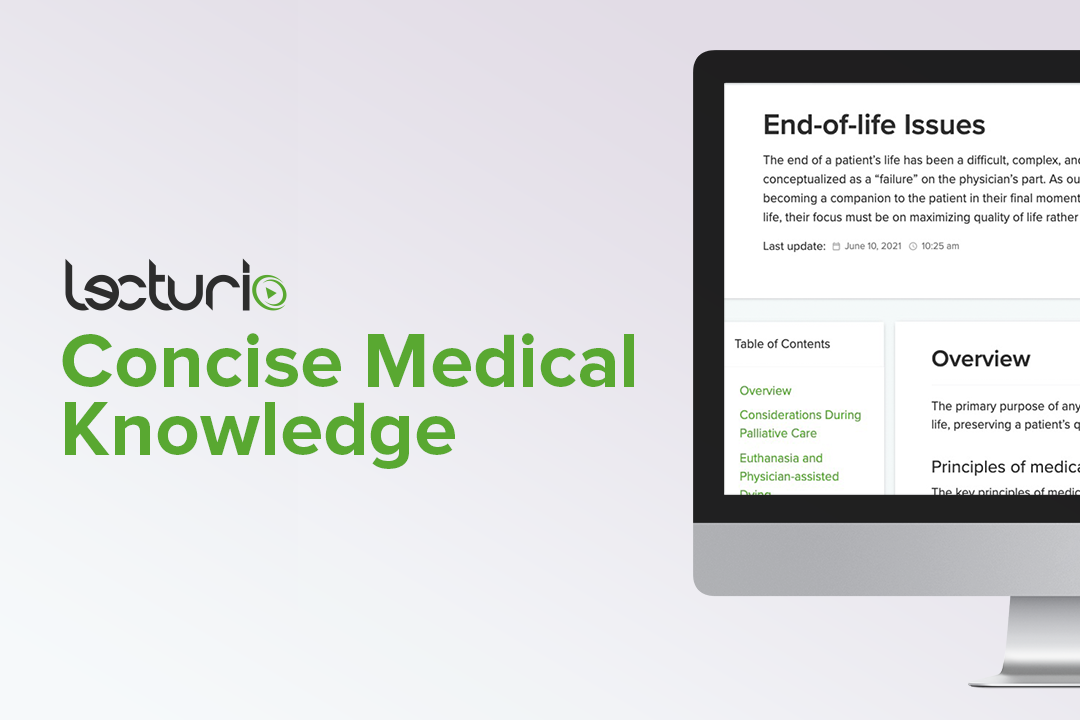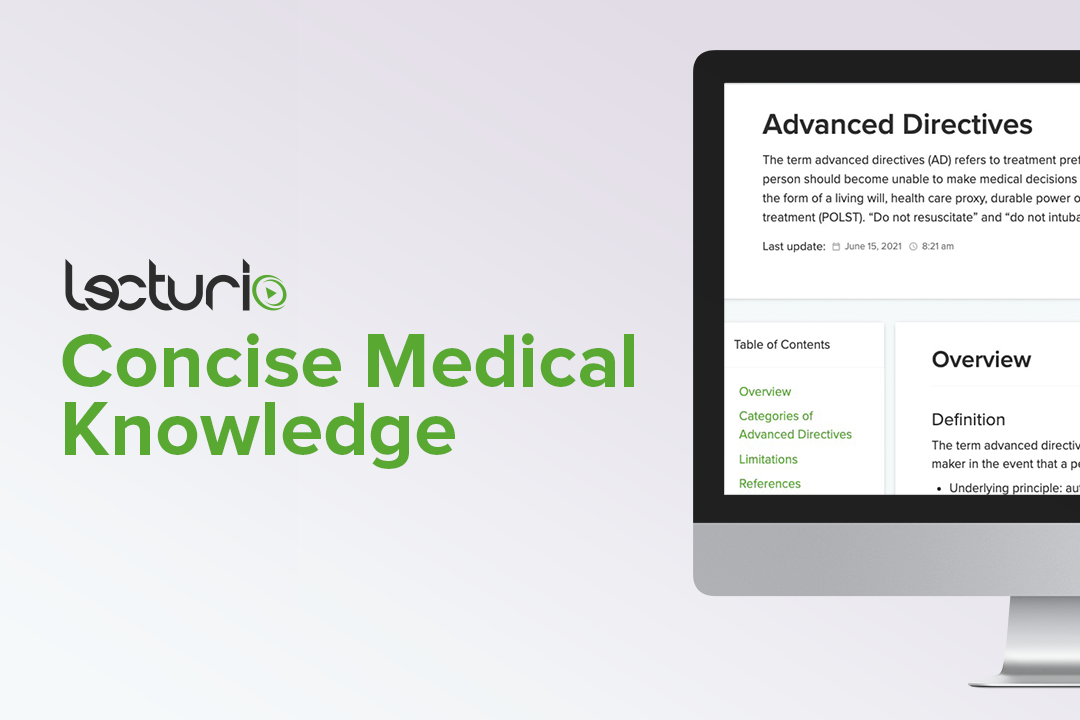Playlist
Show Playlist
Hide Playlist
Discussing Goals of Care: How
-
Slides Discussing Goals of Care How.pdf
-
Download Lecture Overview
00:01 So, the next thing to think about with goals of care is going to be the How. 00:05 So, in clinical ethics, the most important thing is establishing a supportive therapeutic relationship with the patient. 00:11 So that's going to be part of the how to. 00:14 in these conversations. 00:16 It's going to be a need to make sure there's clarity on the diagnosis and the prognosis. 00:21 So, maybe you've done that already. 00:24 But making sure the patient's understanding is there, and sort of setting the stage for doing these goals of care discussions. 00:33 If it's for a patient, that you're really thinking about their end of life, and you have to think about goals at the end of life. 00:40 What are going to be the important things? Those health values that I talked about before? Is a time with family and friend? How do they feel about hospitalization? You know, if a person is have advanced heart failure, they might be back and forth to the hospital. 00:54 If you've gone into the hospital five or six times in a year, might you rethink your goals. 01:00 In terms of, you know, I want to stay home more? How does patient feel about procedures? What's the goal of the procedure, knowing that they might have a life limiting prognosis? What is it hoping to achieve? It could be improved functionality, could be maintaining the function that they already have. 01:20 It could be trying to control any kind of symptoms or pain. 01:23 Again, what are those main goals of care, in relation to quality of life, that are important at the end of life. 01:34 And really, this is just another way to help think. 01:37 Think about a treatment plans. 01:38 So it's providing guidance to the patient, on making sure they have an understanding of their options. 01:44 If it's life sustaining treatments, it might be an opportunity to clarify what their considerations and preferences are for resuscitation if they had a cardiopulmonary arrest. 01:58 Should always be done in what we've used in the previous lectures for communication skills is the ask-tell-ask method. 02:07 So it's always trying to get the patient to say more. 02:10 So for the initial ask, it could be, what do you know about your illness? What do you want to know about your illness? Do you want full information about your illness? So starting there with the patient's perspective. 02:25 And then the tell on your end as the clinician, it's going to be naming the illness, naming the stage of illness, naming what the treatment might be, trying to figure out what the goals of the treatment are. 02:40 So conveying, Yes, this is something that we can cure. 02:43 We can treat this. We can get you better from this. 02:46 Is it something that it's going to be a chronic illness? And we have to think about longer term management? Are there shorter term goals that we're trying to achieve? Whether it's palliation of particular symptoms, whether it's consideration of being going into clinical research. 03:03 And maybe the patient wants to consider investigational drug, as a treatment for their condition. 03:10 Maybe it's a treatment that's really focused at the end of life of what's important to them at that point. 03:17 So you tell them that information, and then you follow it up with an ask. 03:23 So, what did you take away from our discussion? Or what are you thinking about what we discussed? Or how do you feel about what I've just shared with you? So, ask-tell-ask is part of the how, in the goals of care. 03:37 And it's also an opportunity to ask them, "Well, what about your loved ones?" Either the loved ones are present in these conversations, or you're just meeting with the patient, but you know, that they might have a particular person that's going to be their surrogate decision maker in the future. 03:55 So, what does the patient want their loved one to know, in the future in terms of making decisions? How do they want that person to make decisions? Do they want it to go exclusively by what the patient thinks? Do they want to share the decision with how their loved one thinks about the situation? That's part of the how in these goals of care discussions. 04:16 The involvement of their loved one. 04:21 So that's the framework for thinking about goals of care discussion. 04:25 It's the why. Why are we doing this in the first place? Figuring out what's important to the patient. 04:30 We're going to go through the who, the what, the where, the when, how, Of how to have these conversations. 04:36 And really the ultimate goal is goal can coordinate care. 04:40 We want to know what the patient's goals are. 04:43 Making sure we're serving those. 04:46 Making sure our informed consent process is really done with a holistic approach. 04:51 The whole person, who they are? How does the treatment decision factor into their life? And what's meaningful to them?
About the Lecture
The lecture Discussing Goals of Care: How by Mark Hughes, MD, MA is from the course Breaking Serious News and Advance Care Planning.
Included Quiz Questions
Which method is useful in a discussion about goals of care?
- Ask-Tell-Ask
- SPIKES
- NURSE
- Angoff
- The 5 Rs
Which of the following should be clarified during a discussion about goals of care?
- Resuscitation orders
- Health equity
- Physical limitations
- Occupational limitations
- Environmental sustainability
Who should be involved in a discussion about goals of care?
- Family and surrogate decision-maker(s)
- Coworkers
- Acquaintances
- Childhood friends
- Strangers
Customer reviews
5,0 of 5 stars
| 5 Stars |
|
5 |
| 4 Stars |
|
0 |
| 3 Stars |
|
0 |
| 2 Stars |
|
0 |
| 1 Star |
|
0 |





